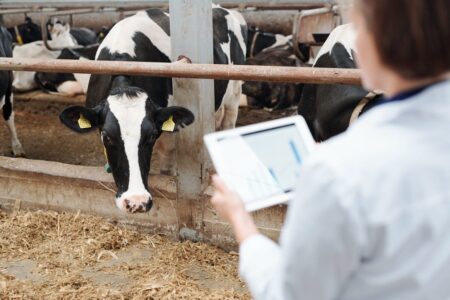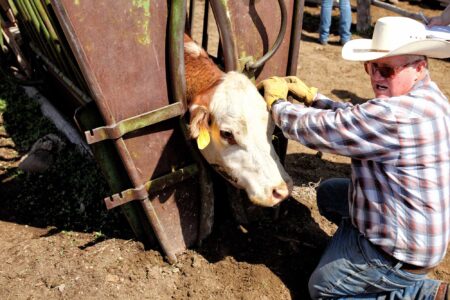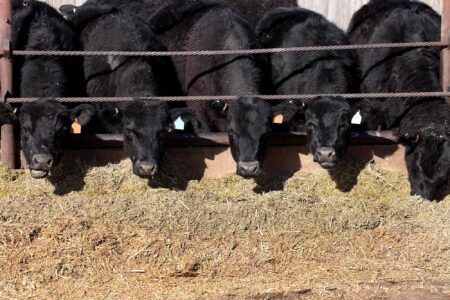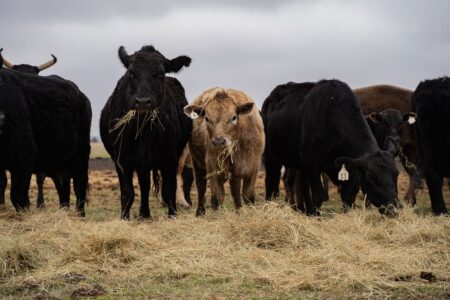by Brandon Kingdollar
For Hannah DeLange, the most rewarding part of managing Redhead Hemp’s Durham location has been “creating a space for people to feel comfortable and confident” — crafting an inviting social setting much like a coffee shop or bar.
The shelves are lined with CBD gummies, Delta-9 sangrias, and THC caramels, among a host of other drinks and candies with promises like “sleep with benefits” and “lower calories, higher vibes.”
The shop interior has a cozy feel, with plants lining brick walls flush with brightly colored artwork, and plush sofas and chairs to relax on. At the store’s “Canna Cafe,” customers can sit down with hemp-infused teas and coffee.
“It’s just kind of a space for all,” DeLange said. “It should be a plant for all the people, and it should be accessible — and just creating a space that’s able to really just personify that.”
Now, the future of that space and many others like it are in doubt, with the vast majority of their hemp-based cannabinoid products set to become illegal in November 2026.
North Carolina hemp business owners and their counterparts across the U.S. are bracing for the ban’s impact, with some pursuing advocacy efforts to reverse the ban and others working to pivot to the narrow slice of CBD products that will remain legal.
‘I Think There’s a Lot of Fearmongering’
“We found out the morning of the Senate vote that this was occurring,” said Emma MacAdam, the owner of Redhead Hemp. “It was pretty clear when they slipped it in the bill that that bill was going to pass, so it kind of felt like a really sleazy way for them to just slide their agenda into a bill that was very necessary and important for so many people.”
Hemp and marijuana are both varieties of the cannabis plant, differentiated mainly by the levels of the psychoactive compound THC, with hemp having far less of it. CBD, another chemical produced by the cannabis plant, does not have intoxicating effects by itself but produces a calming effect and has been shown to help treat pain and anxiety.
The ban, which sharply decreases the allowable level of THC in hemp products, passed earlier this week as part of an Agriculture appropriations bill that was paired with the stopgap funding agreement to end the federal government shutdown.
It bars the sale of any hemp product, including CBD products, containing more than 0.4 milligrams of THC per container, which DeLange and MacAdam said represents about 99.5% of their stock. This would eliminate “full spectrum” hemp products, which they said make up most typical CBD products.
“Basically, they’re saying we can only use the parts of the plant that are not intoxicating,” DeLange said. “For a lot of people, the THC compound — even that small amount that you see in full spectrum — is what’s really important for pain relief, anxiety, sleep, things like that.”
DeLange said that using CBD products has also helped some customers stop using opioids or drinking heavily. “The drinks have been a really great resource for a lot of people who want to have a healthier alternative for that.”
The ban comes after years of lobbying by the marijuana industry and state law enforcement, who argued the hemp industry exploited a loophole to sell products with many of the same effects of marijuana but none of the regulatory oversight. Senators say they never intended to open a recreational hemp market and only desired to enable industrial hemp farming.
The rationale, according to Sen. Mitch McConnell (R-Ky.) and other backers of the Agriculture bill is to “keep these dangerous products out of the hands of children while preserving the hemp industry for farmers” by closing the loophole that allows the sale of CBD products with less than 0.3% THC, the threshold originally set by the 2018 Farm Bill he helped pass.
“Unfortunately, companies have exploited a loophole in the 2018 legislation by taking legal amounts of THC from hemp and turning it into intoxicating substances, and then marketing it to children in candy-like packaging and selling it in easily accessible places, like gas stations and convenience stores all across our country,” McConnell said Monday.
MacAdam and DeLange pushed back on the claim that the products target young customers. They said their shop has a strict over-21 policy.
“It’s very easy to use the ‘save the children’ flagship banner for a lot of things, I think there’s a lot of fearmongering surrounding cannabis — that’s the history of cannabis, period,” DeLange said.
“And absolutely no talk of parent responsibility in that matter, also no talk of how liquor is not childproof, and a lot of new liquor companies are just as cute and colorful,” MacAdam added. “I think it’s a complete cop-out.”
‘The Wild West’
The rapid shift to prohibition represents a marked change for an industry that has had little to no regulation for the past seven years in many states, including North Carolina.
North Carolina, has failed to enact any regulations on intoxicating hemp products, even basic age restrictions, despite bipartisan backing from the state Senate, Gov. Josh Stein and Attorney General Jeff Jackson.
In February, the state’s child care task force reported a 600% increase in emergency room visits for minors related to cannabis use since 2019. Stein launched an advisory council on cannabis products in June, urging that “our state’s unregulated cannabis market is the wild west and is crying out for order.”
Last month, Jackson joined 38 states’ attorneys general to call for regulation from Congress on the sale of CBD products, asking lawmakers to “clarify the federal definition of hemp” during the appropriations process.
“State efforts to outlaw hemp-derived psychoactive products to protect their citizens cannot solve this problem,” the letter from the attorneys general read. “Such efforts can only lead to an uneven and ineffectual patchwork of bans and regulations that differ from State to State and will not stop the flood of mail-order THC products from streaming through interstate commerce.”
Bills proposed in North Carolina this year that failed to advance include bans on selling to minors and sales permit requirements as well as childproof packaging and printed warnings. A bill that passed the Senate in June, which Jackson spoke in support of, would forbid sales of hemp-derived drinks, gummies, and other products to anyone under 21 and ban their use on school grounds, among other regulations like a licensing process.
That bill and many others died in the powerful House Rules Committee, now chaired by Rep. John Bell (R-Wayne), who became the president of hemp company Asterra Labs in 2024. Bell did not respond to multiple requests for comment for this story.
MacAdam said the lack of regulation has been a benefit in some ways, such as making the industry more accessible to those with relatively few resources, creating greater opportunity for nontraditional business owners.
“It’s really cool to see what an industry can do when there’s no barrier to entry. There’s no license you need to pay $100,000 for. I started this business with a tiny bit of money and a big goal, and I’m very grateful for all the people that we’ve met along the way,” she said.
‘That’s Part of our Livelihood’
Also left in the lurch are farm owners who grow floral, or smokable, hemp — the crop grown to make CBD products. Dana Rider, co-owner of Otherside Farm in rural Buncombe County, said the industry had become “kind of jaded” by close calls on potential bans since the legalization of hemp products in 2018.
“We’d be freaking out and then everything would be okay, or they would postpone it for another year,” Rider said. “Obviously, [the ban is] going to strike a chord somewhere, because, you know, that’s part of our livelihood.”
He said his family started growing hemp a year after starting their farm. Other farmers he knows switched to hemp to revitalize old tobacco farms and dairies that had fallen into disrepair. They now operate an online shop, Otherside Hemp, and also sell their products in stores around the state. “It’s part of our income and helps keep the farm afloat,” he said.
He said for many customers, the goal isn’t to experience a chemical high but instead to manage pain and other conditions like insomnia and anxiety.
“Your grandmother and your great aunt and your parents, they don’t want to feel different, they don’t want to have this altered consciousness,” Rider said. “They just want to feel better.”
MacAdam and Rider both say they have been in conversation with other business owners working to push back against the ban in the year before it takes effect.
“We carry a lot of small businesses, a lot of family-run businesses, so we’re really worried about our friends,” MacAdam said.
Otherside Farm plans to urge its supporters to contact their state and local representatives about the ban, Rider said. “We have a year to either figure it out or we have a year to just like, crush it and fight for the plant and hope that we can change this with legislation.”
“We’re going to kind of wait it out,” he added. “Until they tell us that we can’t sell our stuff anymore, we’re going to keep selling our stuff and growing and producing our products.”
While some farms and shops will be able to continue to legally sell products processed to remove any THC, also known as “CBD isolates,” Rider said his farm lacks the equipment to produce them. Because they sell full-spectrum products only, their entire array of products would be wiped out by the ban.
“For us, we can’t really pivot, right?” Rider said. “We would not be around anymore, basically, which is sad to think about.”




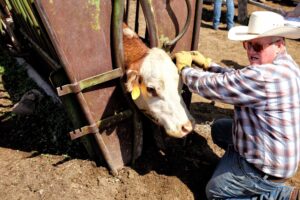


:max_bytes(150000):strip_icc()/50887088248_8702e49156_o-2-2000-c4d93817d27d4a1aa804c07afd06f145.jpg)

